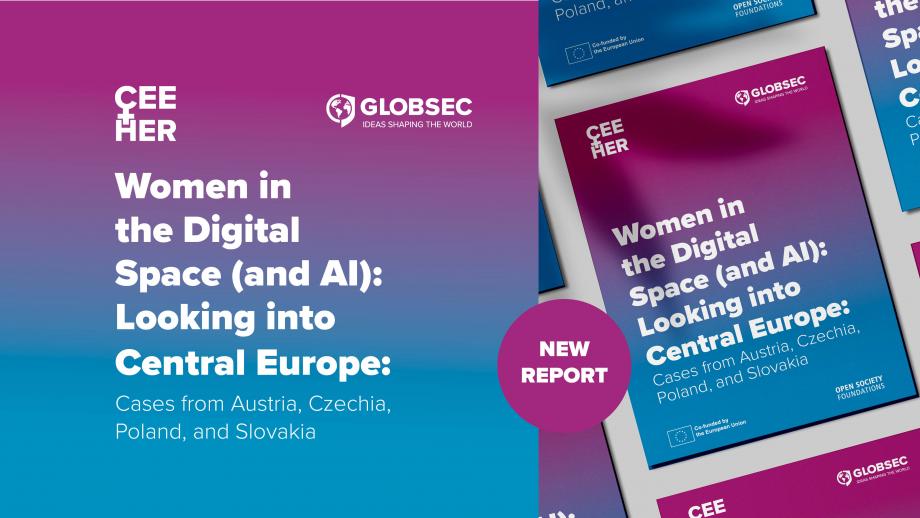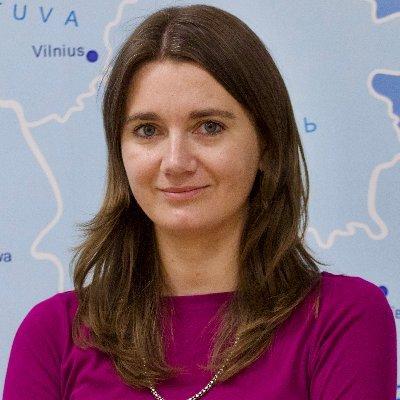Publication
Women in the Digital Space (and AI): Looking into Central Europe: Cases from Austria, Czechia, Poland, and Slovakia

The report aims to examine whether women in Central Europe (CE) are benefiting from digitalisation (and AI), namely in their use of the digital space and their participation in building it. It comparatively tracks both the challenges and opportunities with respect to women’s (potential) engagement with this emerging field. Scrutinising Austria, Czechia, Poland and Slovakia, the report advances a series of recommendations for forging a more inclusive and equitable digital landscape.
What are the main findings?
Women as Users of the Digital Space
- In CE, women use social media to a greater extent than men. They are, however, notably less active on platforms related to professional development (e.g. LinkedIn).
- Women from CE are using differently digital services such as e-government, e-banking, e-commerce, or online learning, with many trailing men in digital skills and literacy.
- Gendered cyberviolence and sexist hate speech are prevalent and often experienced by women users of social media. In the CE region, comprehension of the full scope of cyberviolence is still sorely needed.
- Women in politics are subjected to the highest volume of negative reactions by a significant margin.
- Tracing indicators pertaining to the use and the building of digital spaces (and AI) often lack granulated gender-disaggregated data that is up to date.
Women as Creators/ Architects of the Digital Space
- In CE, women are underrepresented in the digital industry and AI to a much greater extent than in STEM fields in general, with this trend beginning in higher education.
- The region is struggling with a severe gender pay gap in the digital field.
- The significant shortage of specialists presents a window of opportunity for women to enter the industry and do it under better conditions.
- Persistent gender stereotypes and a lack of role model visibility are detrimentally influencing the career decisions of girls and women on whether to enter the industry.
- Investment in women-led startups continues to be miniscule.
- Numerous notable women’s initiatives now provide comprehensive skilling, reskilling, and up-skilling services and have invested in creating an environment for mentoring and leadership support.
- Potential exists in the region for women to equally contribute to cutting-edge new technologies, pending the strengthening of the support ecosystem.
Read more in the report below.





